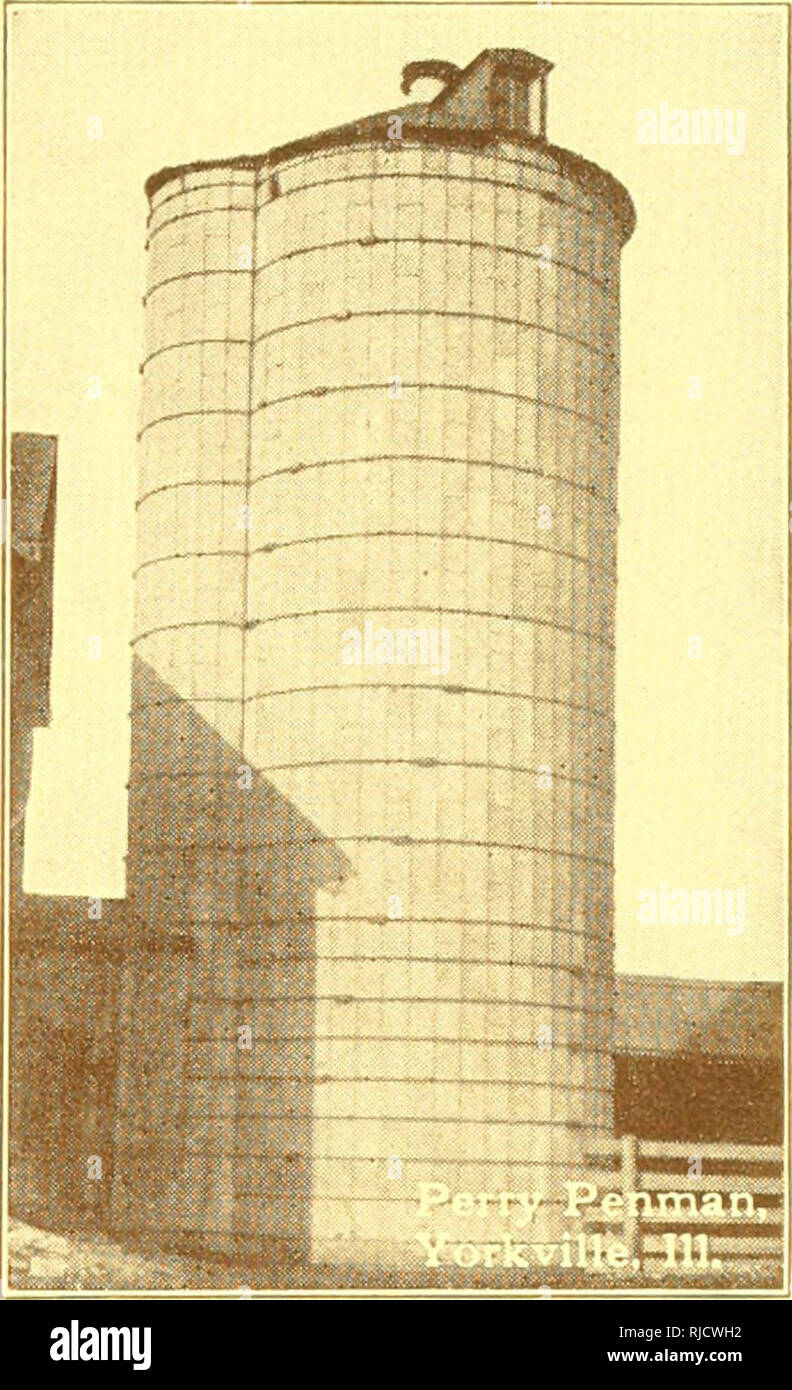Silo staves for sale 165 total 5 onalaska silo staves are 30 long 10 wide and 3 deep.
How to lay a floor out of silo staves.
Staves used for silo construction are typically 10 wide 30 tall and at least 2 thick.
Subscribe to how farms work http.
Discount if you buy all.
The silo must have a roof.
Some companies will pull from the top.
The silo must have a concrete floor preferably built to a height above that of the surrounding soil grade around the silo.
There are a few different methods for demolishing concrete stave silos.
Will sell individually these are great for landscaping.
Concrete stave silos are constructed using precast concrete blocks or staves that interlock.
We have built well over 40 000 silos since 1916.
If you see the wall of a stave silo starting to move it is.
The walls must be reasonably moisture tight.
We no longer have a use for our cement silo at the main farm so it was torn down and will be repurposed for another farm.
Marietta silos is the only company in the united states that produces staves at a thickness of 5 for added durability.
And there were more than enough of the curved boards to.
Some push from the bottom.
It takes only 10 minutes to actually knock the staves out.
Cement stave chute at slight additional expense a cement stave silo can be equipped with a cement stave chute which is also fire proof and will protect the silo doors from fire.
However if the silo has no salvage value hammering out the staves is the easiest cheapest and safest way.
Superior tower silo products.
The cement stave chute is a feature of all new cement stave silos and can readily be attached to silos now in use.
Look for cracks in the staves or bulges in the wall.
The silo staves were a lovely weather worn gray all tongue and groove and in excellent condition silage is a great wood preserver.
Pads for storage buildings and etc palletized for easy pick up 40 staves per pallet.
And no one can disagree with the feed quality gained by our products.
Concrete stave silos have steel hoops that stabilize the structure of the silo.
And some pull on the metal bands that stabilize and help hold the staves in place.
The silo must be in sound structural condition and hooped or reinforced sufficiently to store dry shelled grain.

